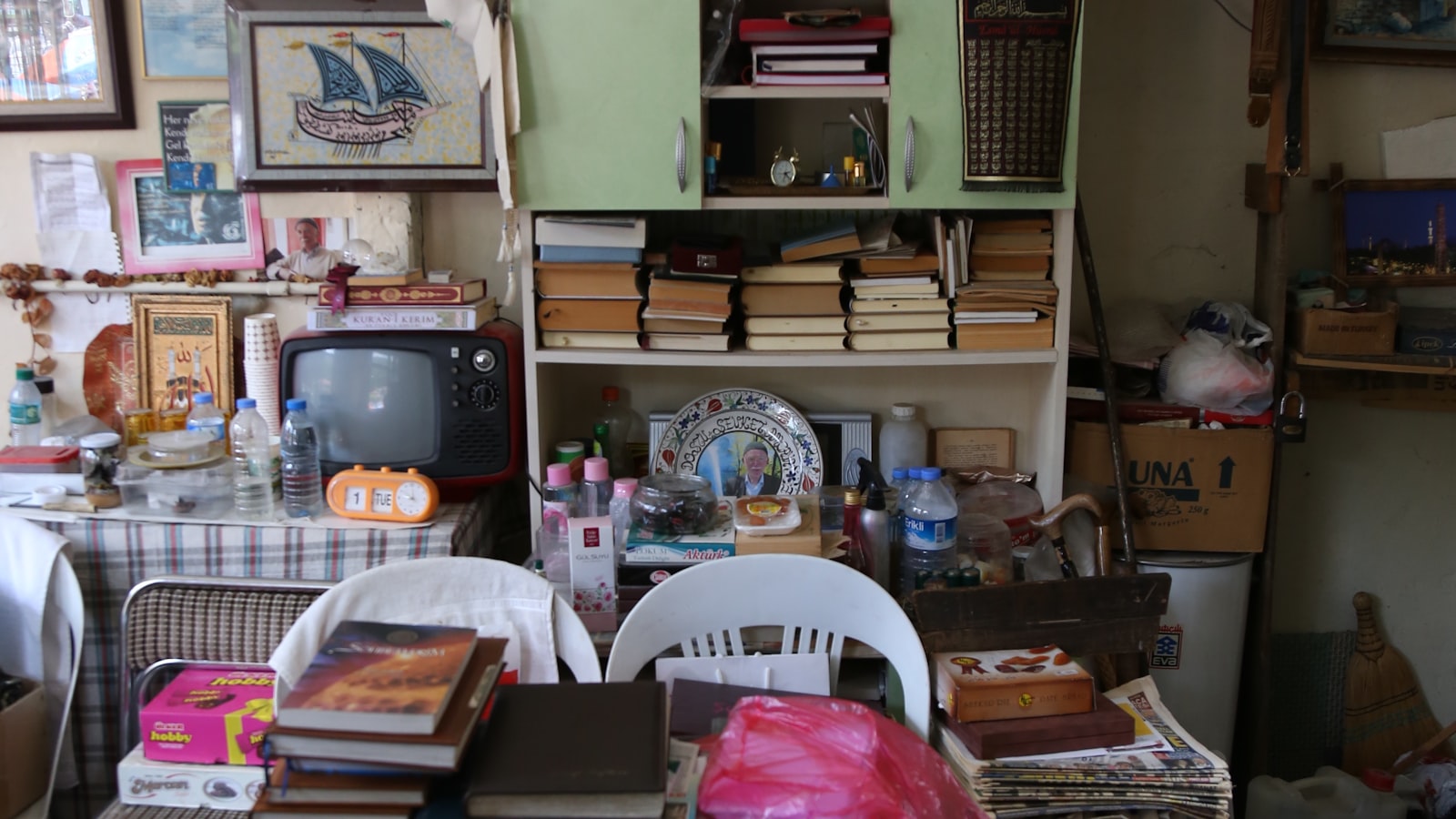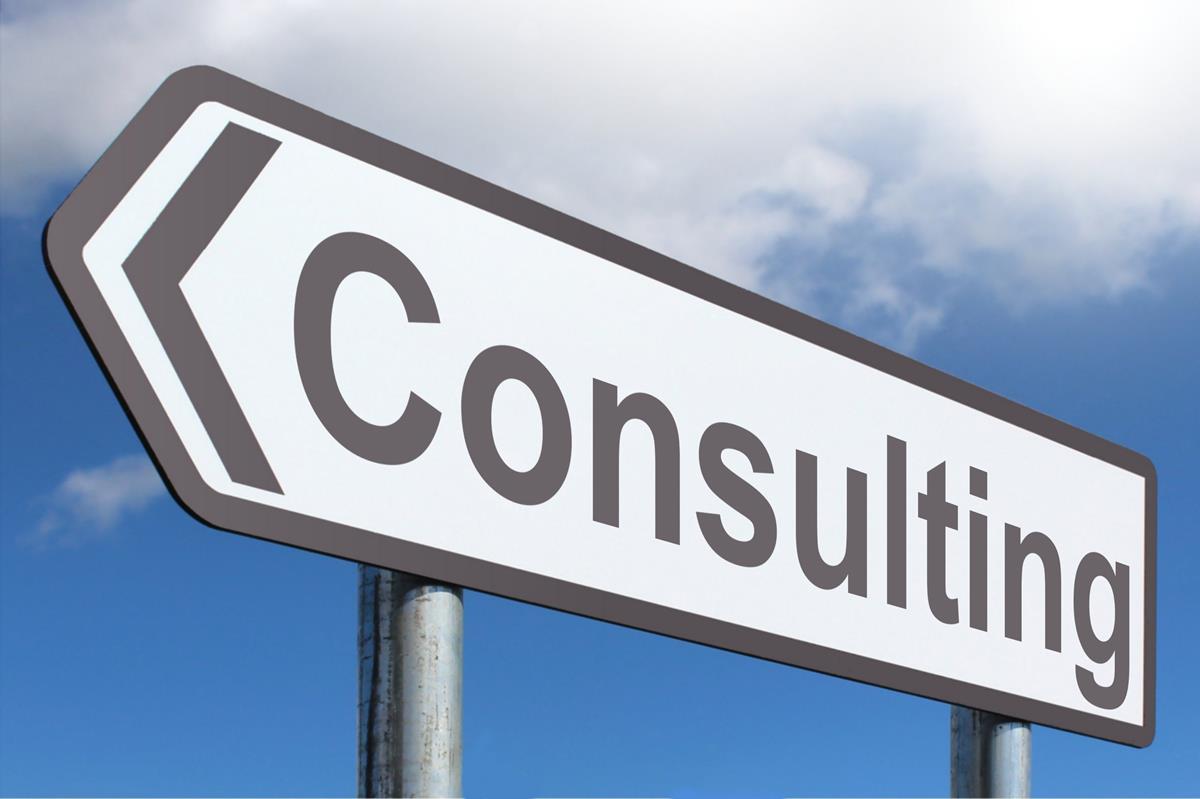When a loved one passes away, it can be a time of grief and confusion. Unfortunately, the aftermath can bring about financial complications, including the question of whether or not the deceased person’s debts can be paid from their estate during the probate process. Let’s delve into this intricate topic to gain a better understanding of what happens when debts collide with inheritance.
Understanding the debts of a deceased person
When a person passes away, their debts do not simply disappear. It is important to understand how these debts are handled during the probate process. In most cases, the deceased person’s debts are paid from their estate before any inheritance is distributed to beneficiaries.
During probate, the executor of the estate is responsible for identifying and paying off any outstanding debts. This may involve selling assets, such as property or investments, to cover the debts. If the debts exceed the value of the estate, creditors may have to settle for a portion of what they are owed. It is crucial for the executor to carefully manage the estate’s finances to ensure that all debts are settled fairly and legally.

Determining which debts are payable from the estate
During the probate process, it is important to determine which debts can be paid from the deceased person’s estate. This involves identifying the liabilities that must be settled before distributing the remaining assets to the heirs. Here are some key considerations to keep in mind:
- Secured debts: Debts that are secured by collateral, such as a mortgage or car loan, will typically need to be paid off from the estate. If the assets cannot cover the full amount owed, the property may need to be sold to settle the debt.
- Unsecured debts: Credit card bills, medical expenses, and personal loans are examples of unsecured debts. These debts may be paid from the estate if there are sufficient assets available. However, creditors may need to file a claim with the probate court to request repayment.

Navigating the probate process to settle debts effectively
Handling the probate process to settle debts can be a daunting task for many individuals. It is important to understand how the deceased person’s debts can be paid from their estate during probate. One way to effectively navigate this process is by creating a comprehensive inventory of the deceased person’s assets and liabilities. This will help in determining the total amount of debt that needs to be settled and which assets can be used for payment.
During probate, it is crucial to prioritize the payment of debts in a specific order. Secured debts, such as mortgages or car loans, should be paid first, followed by funeral expenses and taxes. Unsecured debts, such as credit card bills or medical bills, can be paid next. It is also important to keep detailed records of all transactions and communication with creditors to ensure transparency throughout the probate process. By following these steps and staying organized, you can effectively settle the deceased person’s debts and navigate the probate process with ease.

Consulting with professionals for estate planning and debt management
Estate planning and debt management are crucial aspects that need to be carefully considered to ensure financial stability for loved ones after the passing of a family member. Consulting with professionals in these fields can help individuals navigate the complexities of probate and ensure that debts are handled appropriately.
During the probate process, the deceased person’s debts may be paid from their estate, depending on various factors such as the type of debt, available assets, and state laws. Working with experienced estate planning attorneys and financial advisors can help families understand the implications of different debts and how they should be prioritized for repayment. By seeking expert advice, individuals can make informed decisions that protect their assets and minimize financial burdens for their beneficiaries.
In conclusion, dealing with the debts of a deceased loved one during the probate process can be a complex and challenging task. It is important to understand the laws and regulations surrounding estate distribution to ensure that the debts are paid in a fair and timely manner. By seeking the advice of legal professionals and estate planners, you can navigate the probate process with confidence and peace of mind. Remember, the deceased person’s debts are a crucial aspect of estate management, and handling them responsibly is key to honoring their memory and protecting their legacy.




